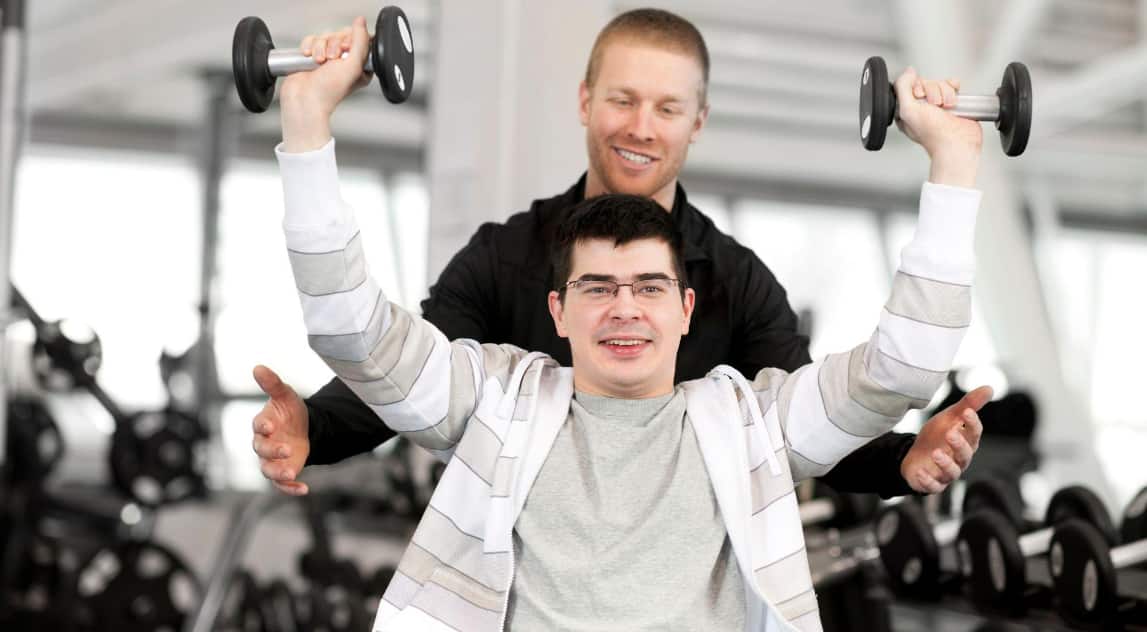For many seeking the assistance of personal trainers under NDIS, it’s crucial to balance physical exercise with mental well-being. Understandably, the National Disability Insurance Scheme offers hope to millions of Australians with disabilities. Amidst the challenges they face, mental well-being often takes a back seat.
Tailored Support for Individuals with Disabilities
NDIS personal trainers are the architects of fitness programs tailored to each individual’s unique needs. They are more than just exercise instructors; they are crafting experiences. Whether it involves adapting exercises for someone with limited mobility or modifying routines to suit specific disabilities, NDIS personal trainers leave no stone unturned.
One-on-one support and encouragement serve as the foundation of NDIS personal training. Unlike crowded gym settings, this personal connection can have a profound impact. It’s a partnership founded on trust and rapport.
Building Trust and Rapport
Trust is the currency in the realm of personal training, and under NDIS, it’s worth its weight in gold. The trust individuals with disabilities place in their trainers is the bedrock upon which mental well-being thrives. This trust is nurtured through patience, empathy, and a commitment to understanding each client’s unique challenges.
Promoting Self-esteem and Confidence
NDIS personal trainers for autism go beyond physical gains; they foster self-esteem and confidence. Achieving fitness milestones isn’t merely about sculpting a body; it’s about shaping a mindset.
Small victories, such as lifting a weight, mastering a yoga pose, or even walking a few steps unaided, can work wonders for self-esteem. These trainers understand that building confidence is as essential as building muscles.

Emotional Support and Motivation
Emotional support is where NDIS personal trainers truly shine. They are more than just fitness guides; they are cheerleaders, therapists, and confidants rolled into one. When setbacks and challenges loom large, it’s the trainers who offer unwavering motivation.
Positive reinforcement and encouragement serve as the fuel that propels individuals with disabilities towards their goals.
Collaboration with Other Health Professionals
The mental well-being of individuals with disabilities is a holistic endeavour. NDIS personal trainers acknowledge the importance of collaboration with other healthcare professionals. This synergy ensures a comprehensive approach to mental health, addressing not only physical fitness but also emotional and psychological needs.
Conclusion
Personal trainers under NDIS approach mental health with an intuitive, personalized, and empathetic approach. They understand that the journey to mental well-being is unique for each individual. Under the NDIS, these trainers aren’t just changing bodies; they’re transforming lives.

